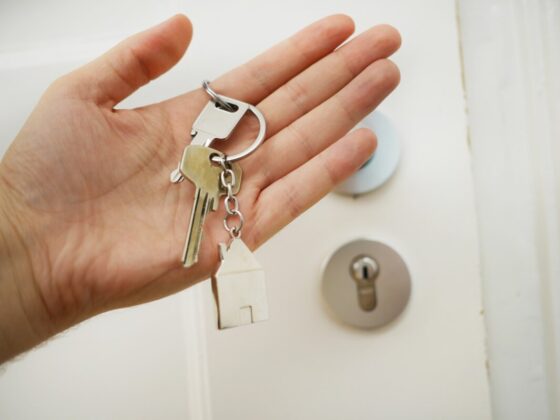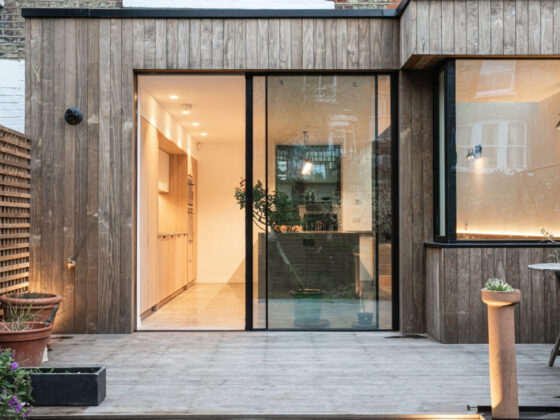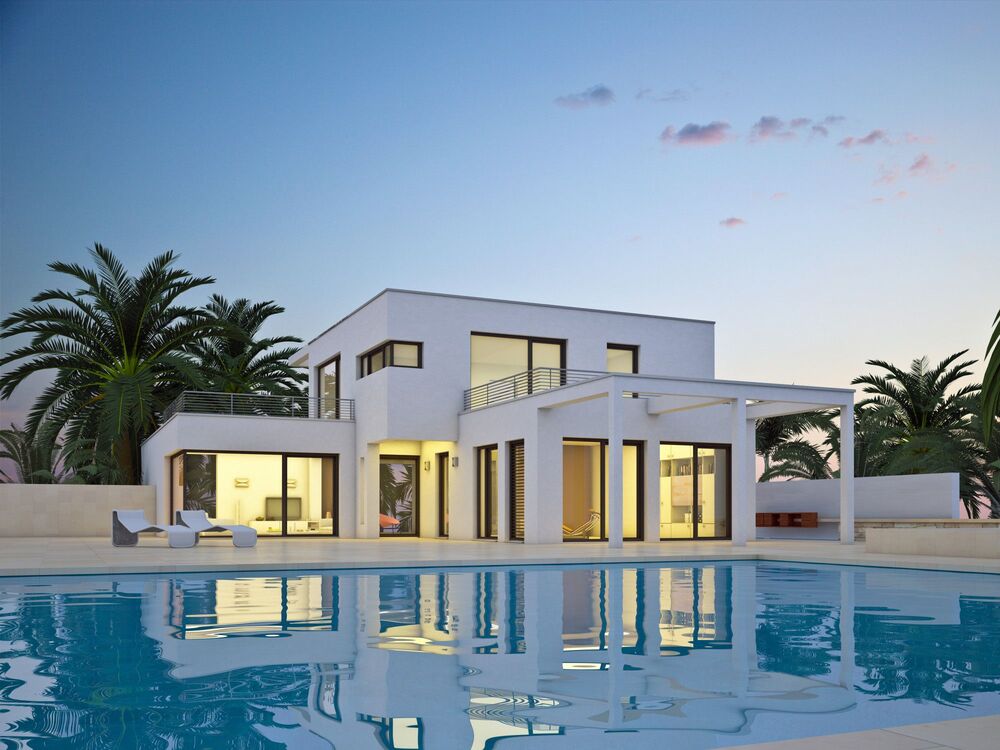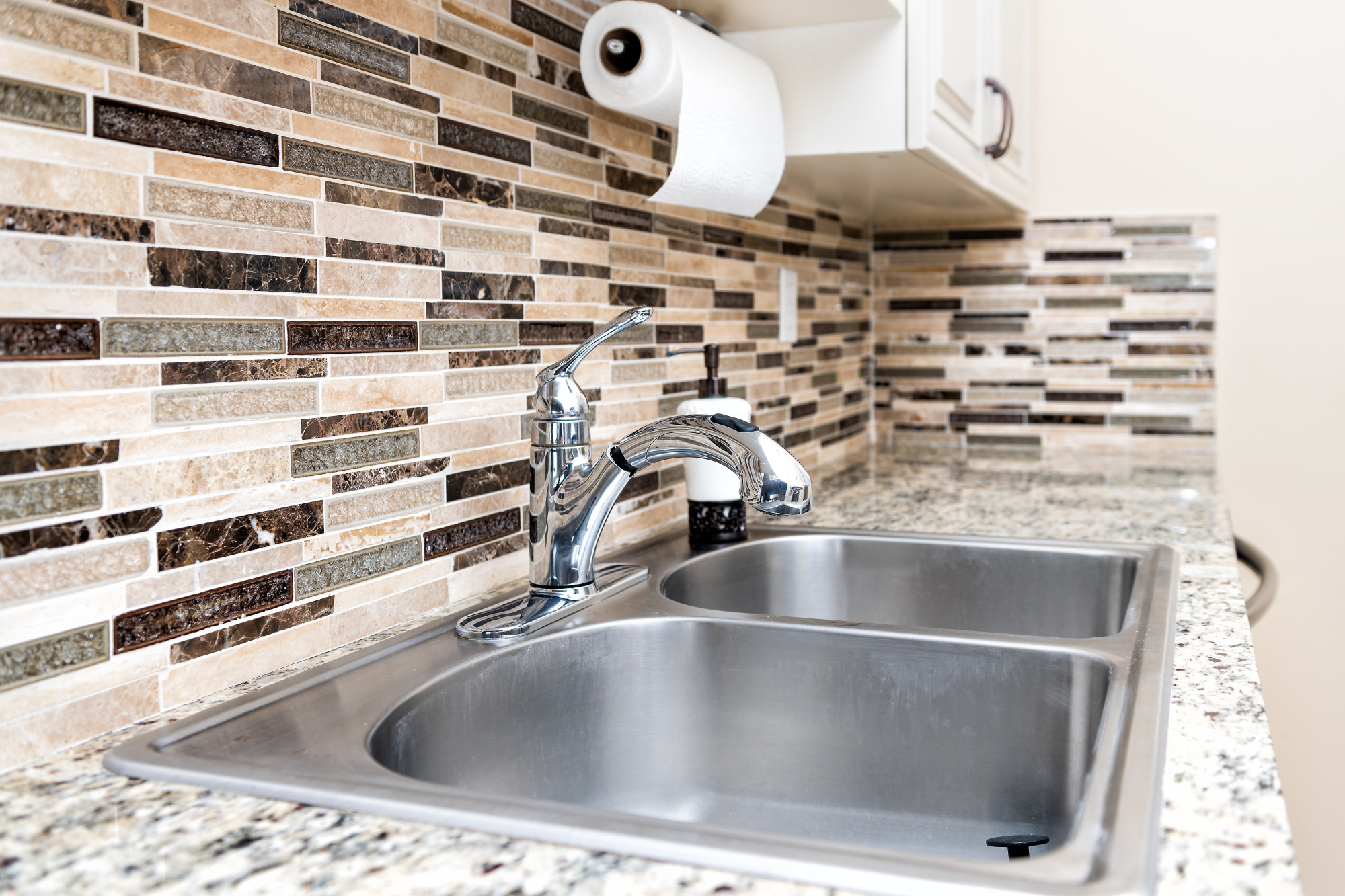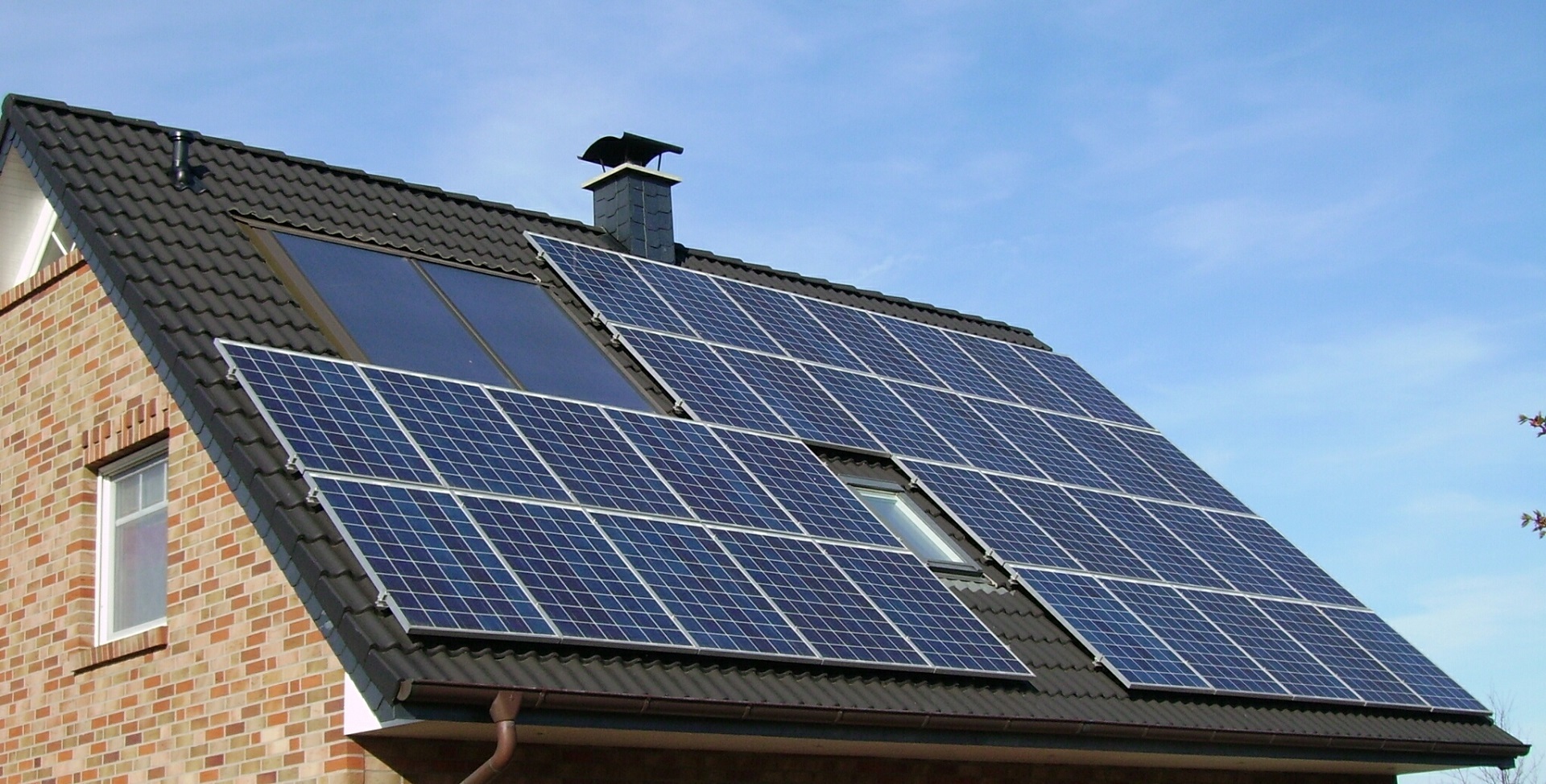Let’s go through the differences between “genuine” timber floorings: solid timber flooring versus engineered timber flooring. Some of these alternatives make use of the inherent warmth and elegance of genuine wood from trees, with a wide selection of colours, textures, and finishes, which make it befitting of its premium rank in flooring.
But we know what you’re thinking: what’s the actual real difference? In this blog, we’ll examine how they’re built and fitted, as well as various advantages.
Solid Timber Flooring
What exactly is solid timber flooring?
Solid timber floor is the ‘real thing,’ consisting of solid timber pieces that have been milled and treated to produce flat, strong floorboards. This proven solution has the advantage of having a perfectly natural flooring that matures elegantly can be sanded numerous times, and lasts forever if proper care is taken.
Wood Type: Hardwood vs Non-Hardwood
Solid wooden floors are classified into two varieties based on the wood species used: hardwoods and non-hardwood. Hardwood flooring (such as Dotted Gum, Blackbutt, and Ironbark) have a greater density over non-hardwood flooring (such as Egyptian Pine, Birch, and Victorian Ash), making these more resilient but much more costly. However, non-hardwood variants are less expensive and more ecologically beneficial because they grow quicker than hardwood kinds.
The Benefits of Solid Timber Flooring
1) Premium & Genuine Look and experience
There is nothing more to say; It’s the real deal. Solid timber flooring, as the name implies, are quite robust underfoot. Not only that, but they certainly look stylish too, emanating a distinct character derived from their natural roots.
2) Long-lasting
Whenever paired with a robust finish like polyurethane, solid wood floors (timbers) give a reasonably robust and hard-wearing flooring suited for high-traffic places. This will guarantee that your floor can withstand most bumps and scrapes, allowing it to appear better for long durations.
3) They are long-lasting.
Because solid hardwood floors are constructed entirely of individual blocks of wood, they can sometimes be resanded and repolished repeatedly to give them a new life.
4) Simple to maintain.
Carpet, for example, is notoriously tough to maintain and free of dirt. On the other side, solid wood floors are indeed a breeze to keep clean, with a strong, smooth surface that only really needs sweeping or mopping with a dampened mop occasionally.
Engineered Timber Flooring
What exactly is engineered wood flooring? Engineered timber flooring is a cheaper alternative to traditional timber flooring that comprises a thinner top layer of wood placed on top of a much more economical plywood foundation (often plywood, birch, or latex wood). This delivers the same exquisite appearance and feels like solid wood while saving money, making engineered floors ideal for individuals who do not want to invest in solid wood floors. Because most engineered wood floors are prefinished (compared to raw wood), you won’t have to deal with any stinky or dusty scraping, shine, or varnishing required during installation. Various levels of the protective coating were added at the facility allowing engineered wood floors to become more wear-resistant than pre-cut solid timber flooring.
1) Engineered wood flooring is less expensive than solid wood flooring.
Engineered wood flooring does not require as much of the hardwoods that pushes up the cost of solid timber flooring, so they’re a more reasonable choice that doesn’t sacrifice quality.
2) Simple to set up
Engineered wood is also less expensive to install over real hardwood since it has been prefinished and might even be floating over your existing structure, saving any initial expenditures.
3) More dependable
One of the most significant advantages of engineered flooring over hardwood floors is their stability since the plywood foundation limits the natural changes in the hardwood volume on top.
4) Reduced Upkeep
Engineered wood floors are prefinished, which means its protective coatings were completely applied at the manufacturing company for you. This implies you won’t have to scrape and wax again during installations, and the original coating will be more durable.





